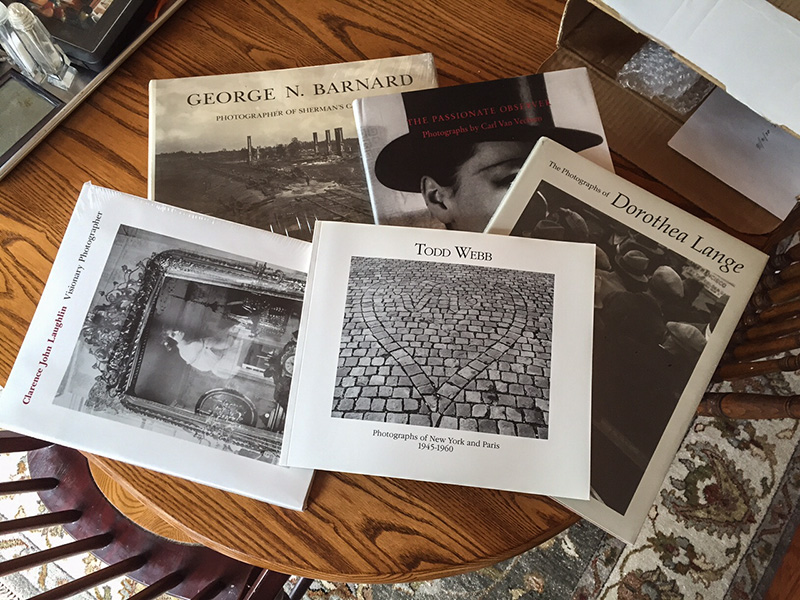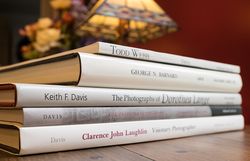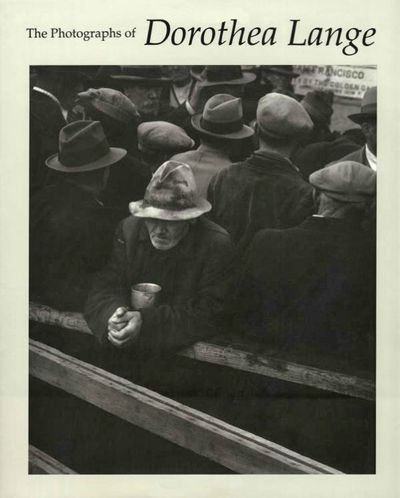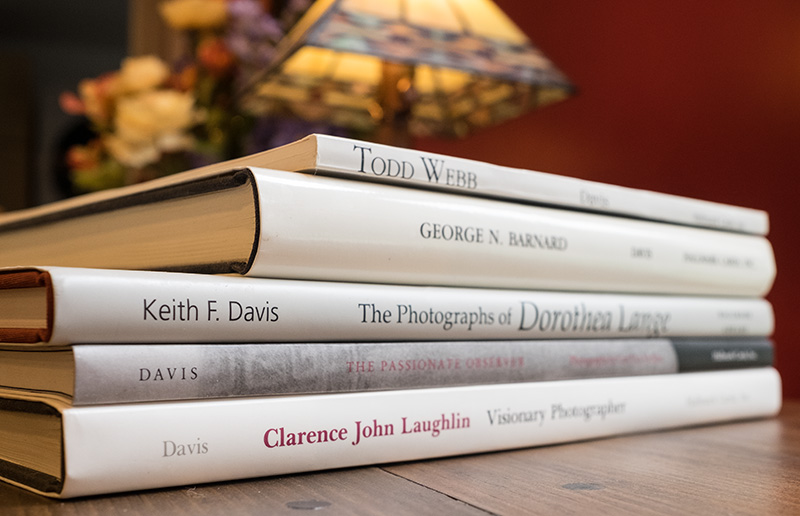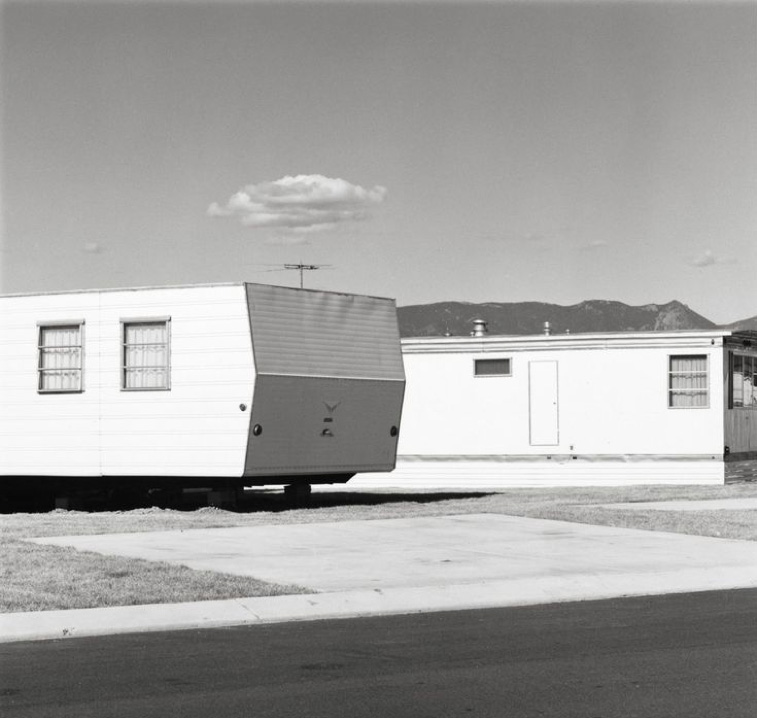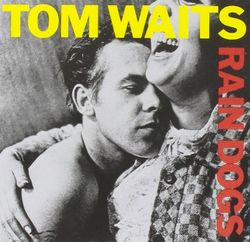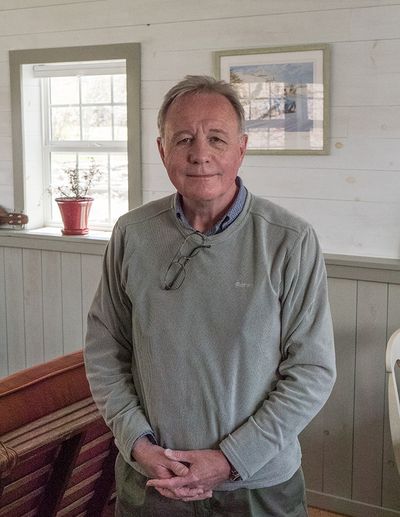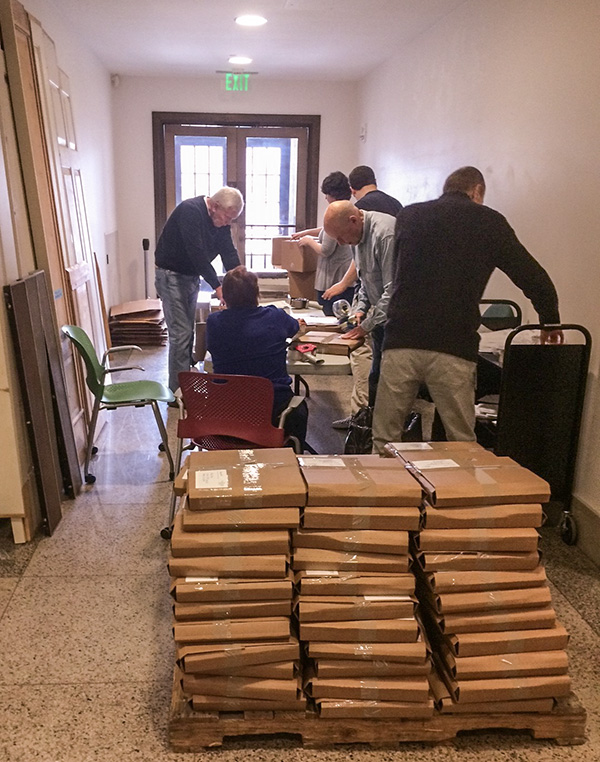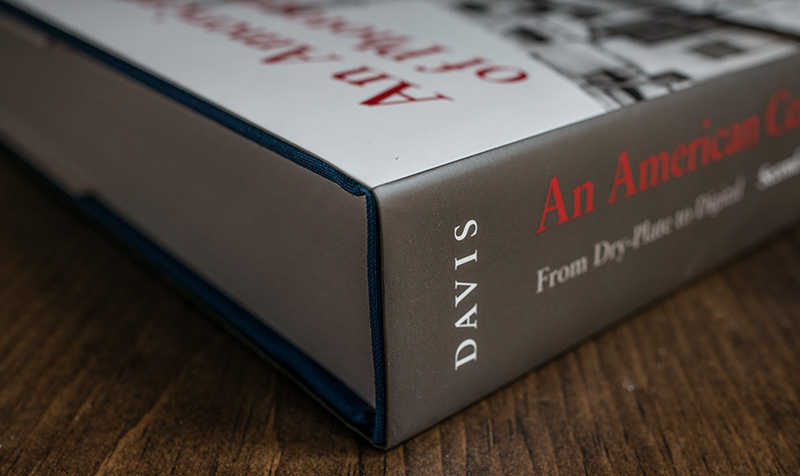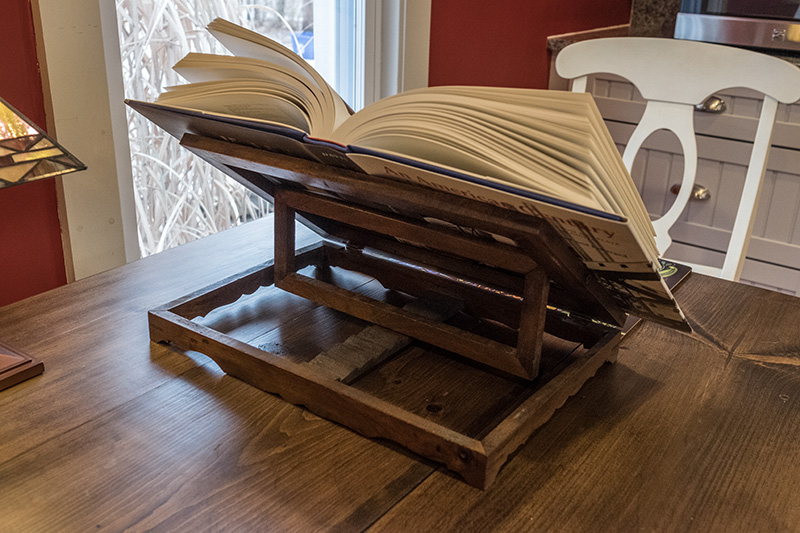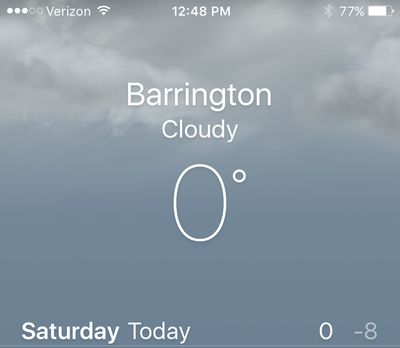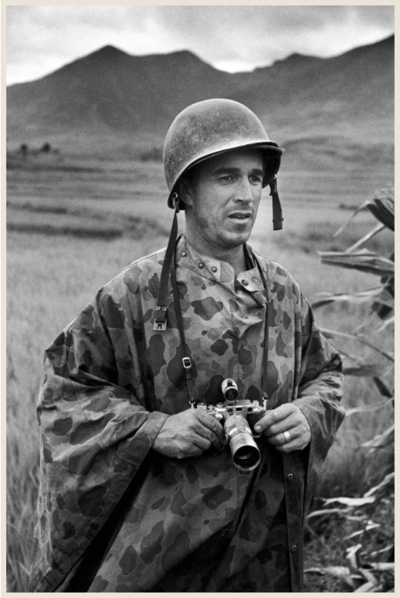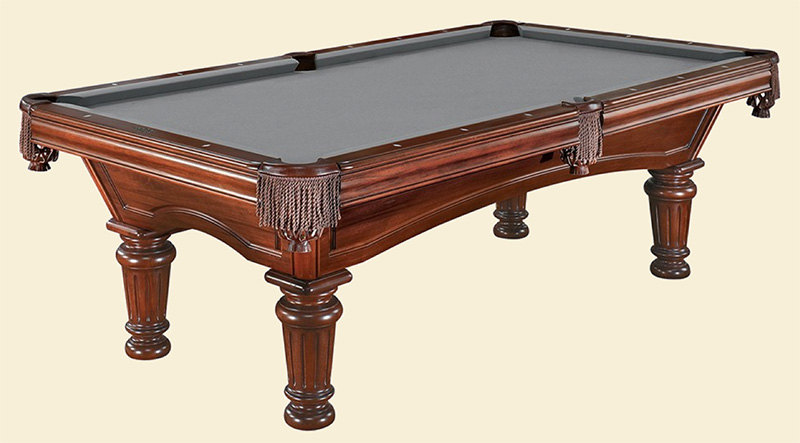...First of all, Writing Day went well. I got 4,000 words added to my ms. yesterday.
This morning, for the new Monday Edition of "Open Mike," a couple of brief book reports.
First, running. My now ex-girlfriend S. got me into some very good habits, which I maintain by channeling her—my household now runs like a Swiss watch. My kitchen here has essentially never been messy. And I cook. And she got me back into running, which I have really enjoyed.
Now, I am far from an expert on this subject, so take my thoughts accordingly. But I've been through it, and can report back. (By the way, there is controversy over whether running in middle and older age is good for you or not. I was convinced by a study I saw a few years ago claiming that evolution fitted us to run and the stress of running triggers all sorts of positive responses from the body; other people feel it's just a way to damage your knees. You should do your own research.)
Start slow
If you do decide to take up running in your 50s, whether you used to run in your youth or not, the overriding and critical imperative is to start slow. (I didn't, at first, so I know whereof I advise.) Start by walking, and walk for months, not weeks. Your wind will improve first, then your muscles, but you need time and many miles to let your bones and joints strengthen enough to withstand running. Last year at this time I worked up to about a 1.6-mile walk which I often did twice a day. I did that for well over three months before I started jogging at all.
After you've been walking for a while, begin to vary your speed. Walk three minutes briskly and then three minutes slowly, and repeat that.
Only when you've been walking for months should you start mixing in just a bit of slow jogging—a hundred feet here and there. Again, don't overdo it. Think of yourself as a tortoise—slow and regular wins the race. Don't give yourself any credit for jogging faster or farther; give yourself credit if you're still out there several times a week a year from now.
My manual has been The Run-Walk-Run Method by Jeff Galloway. Bear in mind its promises are aimed at beginners, but younger people as beginners. Again, if you're older, the main necessity is to avoid injury, and that requires easing into it as gradually as you possibly can and then more gradually than that.
The goal to work up to is to walk for a while and then jog for a while and then walk for a while and then jog for a while. Simple, right? Mix the jogging into the walking as gradually as you possibly can, and really try hard to avoid overdoing it. Even when—especially when—you feel good.
The really nice thing about the method is that you become responsible for your own body. Pay attention to your body. Work on your form. As you jog, when you feel either any pain in your back or legs, knees or feet, or you notice your form deteriorating, stop running and walk again. This is the whole crux of the method...only you know how you feel, and you have to pay attention and respond to how your body feels, minute-by-minute, step by step.
As to form, my goal is to jog as much like an old person as possible. Heh! That sounds silly, but really, a "shuffle"-type running style is what you want—no heelstrike, and as little pavement-pounding as possible. Keep your feet muscles involved and your hips involved; keep your head steady and your arms loose. Work on keeping your movements symmetrical; have a runner friend watch you run, or videotape yourself, to see if any asymmetry in your form is revealed.
Another thing to pay attention to is whether you feel good enough to do it again the next day. Yes, you need to stay motivated, but you also need to give your body time to recover. The recovery time is as good for you as the exercise time.
Your goal is not to eliminate the walking parts; walking is an essential part of the process. When you're running more than you're walking, don't keep upping the proportion of running, but rather, add to the distance. I'm up to two miles, which is nothing for a fit younger person but enough to get middle-aged me huffing while keeping my legs and feet free from injury (knock on wood). Sometimes I need to remember to walk, as jogging is really a more comfortable gait.
If this inspires even five people to launch a walking program, it will make my Monday!
We are mad
...And my Monday needs making, sadly. A pall is cast on this Monday by the horrendous public slaughter in Orlando. (And I'm almost as upset by the truly senseless murder of poor Christina Grimmie, which makes no sense.) It means we now have to endure another round of the same-old same-old, consisting of a clamor for sensible gun control that will lead, predictably and inexorably, exactly nowhere.
I'm all for the repeal of the Second Amendment...the temporary repeal, for purposes of rewriting. Never has such a small snippet of unclear writing caused more harm. The way I read it, it means that the organized National Guard can bear arms. To some it means that individual citizens must be allowed to own muzzle-loading smoothbore muskets, which I would have no problem with either. Other people have other interpretations, most of which mean that no one can do anything in rational response to a clear crisis.
And there is certainly a clear crisis. Just since Bobby Kennedy was gunned down, more American civilians have died of gun violence than the number of American soldiers who perished from all causes in all of our wars combined. Far and away our most deadly war was was the American Civil War, in which more American combatants died than in all of our other wars. But Orlando aside, the normal, ongoing, everyday, nothing-special-happening-here death toll from gun violence in the United States, right this moment, exceeds the rate of Union deaths on the battlefields of the Civil War. And yet we will continue to do nothing at all.
It is, well and truly, a collective madness. I hope I live to witness the pendulum emphatically swing the other way.
[UPDATE: Please remain civil and factual in comments about this section (I've had to disallow several comments, the same amount from both sides). Remember, we're all friends here first and foremost. We all understand that we have varying views about hot-button issues, and some of us have understandable human feelings about recent events, but we have lots in common too. Here are the TOP Comment Guidelines if you have any questions. —Mike the Ed.] [UPDATE #2: Y'know, it's been a while since I've read those Comment Guidelines. Not too bad an essay, if I do say so myself. :-) —Ed.]
Yet more on McCurry
One of Steve McCurry's friends has written in his defense at A.D. Coleman's Photocritic International site—and I don't want to write a whole post about it, so I'm sticking it here. To me the piece seems like a hosing-down of Magnum and National Geographic with a flamethrower in the hope that it will disguise the fact that McCurry got burned. Sample:
While I might agree with some of Teju Cole’s remarks about the colonizer’s gaze, his shilling for the NY Times hardly makes a credible photography critic, more likely the very epitome of a corporate sellout. He knows nothing of McCurry, less about Magnum. He lacks basic knowledge on the industry’s division of labor, and seriously confounds possession of a camera with ownership of the means of production. It just shows how far an ingénue can go in a field that’s already crashed and burned.
Read that first sentence closely—seems like invective by redirection to me, not to mention ad hominem, rather than actual argument. But you decide.
A bizarre American story
A shout out to Bill Dedman. Bill, a Pulitzer Prize-winning reporter then working for NBC News, was looking at real estate in Connecticut and came across a listing for a huge mansion that had been unoccupied for nearly 60 years. Curiosity piqued, he started poking into the story. Turned out there was quite a story there. The end result of his investigations was the book Empty Mansions, which was a #1 bestseller in 2013.
Personally, I think society needs a class of smart, trained people whose business is...well, poking their noses into things and ferreting out good stories. The world is interesting; isn't it good to know more about it? There are all sorts of stories out there, and some of them are great. There's nothing like a good nonfiction book, sez me. (Read any lately? The last good one I read was Two Hours, Ed Caesar's look at the quest to break the two hour marathon time, but that was a while back and I've been kinda dry lately.)
There's more on the plate this morning, so I have to get to work. Have a great week this week—and thanks for letting me take the weekend off.
Mike
"Open Mike" is the anything-goes Editor's grab-bag. It now appears on Mondays.
Original contents copyright 2016 by Michael C. Johnston and/or the bylined author. All Rights Reserved. Links in this post may be to our affiliates; sales through affiliate links may benefit this site.
TOP's links!
(To see all the comments, click on the "Comments" link below.)
Featured Comments from:
Tom Passin: "Getting into day hikes at age 70+, I find that I need to wait four days after a strenuous hike, and three days after a moderate one. If I try for three hikes a week, I start to get worn down and don't fully recover. I need that much recovery time."
Mike replies: I dimly remember reading a story about a guy who was at the time the oldest guy in the NFL...I think his brother, maybe twin, had also been in the NFL? Anyway the article had a nice summary of recovery. It said that when pro football players are young rookies, they need Monday to recover from Sunday's game and then on Tuesday they're ready to go again. By mid-career they sometimes need until Wednesday or Thursday. The later in their careers they get, the later in the week they recover. And by the time they're still not recovered on Sunday from the previous Sunday's game—well, that's when they know it's time to retire!
DavidB: "Regarding running: I avoid sidewalks and pavement and prefer to run on trails. The hardness of pavement is ruinous on my feet and legs while the unevenness of a trail is, oddly enough, delightful. I started running in high school track and am still doing it almost 50 years later."
Mike replies: I'm pretty convinced that the best way to stay healthy and fit is to exercise consistently throughout life. Start when you're young and never stop. Which of course I didn't do—even though, when I was young, I seriously intended to.
I also think overweight is like smoking: with smoking it's a hell of a lot easier to not start than it is to quit, and I think it's a hell of a lot easier to not get fat in the first place than it is to lose weight once you're obese. My son is wiry, strong, and lean at 23, but I tell him to watch his weight...just keep an eye on it, and if he gains five pounds, to cut back for a while. Keep it close to the target. Easier said that done.
Lynn: "Anyone over 60 thinking of running might want to look to Australian Cliff Young for inspiration. Cliff, a 61-year-old potato farmer from a small country town in Victoria, won the inaugural Sydney to Melbourne ultramarathon in 1983—a distance of 875km (544 miles)—to the rousing cheers of seniors nationwide. He won it by ten hours. His trademark gait was a shuffle. Young's training consisted of rounding up sheep on his 2,000 acre property on foot, because, he said, it was quicker. 'Before running the race, he told the press that he had previously run for two to three days straight rounding up sheep in gumboots. He claimed afterwards that during the race, he imagined that he was running after sheep and trying to outrun a storm.' (Wikipedia)."
Jake: "Got onto serious running after the divorce. At the same time quit my pack a day cigarette habit and got into AA. With nothing left (or so I thought) to amuse me and pass my many idle hours, I took up running. And so I discovered 'runner's high' which reinforced itself much like alcohol addiction did for me. It was not too long before I was running 50 to 70 miles each week. After awhile I dropped back to just 40 per week but after twenty years of this, I was hobbled, limping along the road. I had destroyed both hip joints and required total hip replacements. I still enjoy walking (though my gait is a bit odd) and I bicycle far more miles each year than I drive in my car. If I could do it over again I'd do a lot of walking and cycling, maybe swimming, too, but I'd skip the running part."
Kristine Hinrichs: "I'm glad to see you're still running. I've been running more than 30 years with more than 100 marathons—but none faster than 4:40. I'm really slow and getting slower but still going out. At 63 I think I'm done with marathons but often think of my now 93 year old running partner—he did his first marathon at 65 and his 100th at 85. My point is that you're never too old to start. I also think that a running or fitness habit translates well to other parts of life —setting goals, breaking big projects (like a book) into small pieces, running through rocky patches, etc. Keep it up."
William: "As one of the 'gun lovers' in Texas I have my LTC and usually carry a pistol. I have unfortunately had to point a firearm at someone three times in my life. Fortunately, in all three cases the person threatening violence, or trying to get in my apartment at night, had the good sense to leave so no shots were fired. In two cases we never bothered to call the police because we couldn't give a good enough description to do any good and the one time we did we never heard anything back. None of the incidents make the news or statistics by the DoJ/FBI because no shots were fired, nobody was injured, and nobody died."
Sal Santamaura: "SCOTUS' reading comprehension will improve in the future. Someday it will interpret that poorly worded language the way you do. But I'm not sure either of us will still be alive to see that. Perhaps Xander will. Plessy v Ferguson was decided on May 18, 1896. Brown v Board of Education was handed down on May 17, 1954. One day less than 58 years before the error was corrected. Heller v District of Columbia was decided on Jun 26, 2008. It would not surprise me if the reversal by a more reasonable court takes until 2066. Many people will die in the meantime. But, eventually, justice will be served."
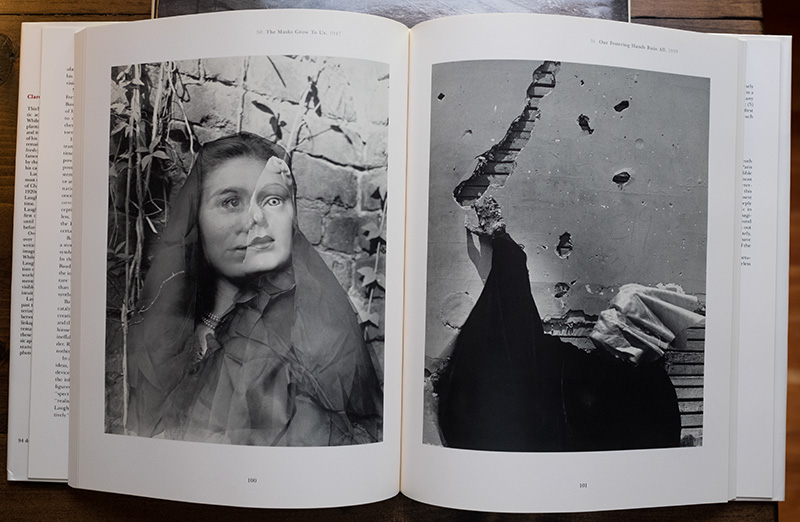 Clarence John Laughlin's images are lush, rich large format, wonderful to look at for their technical beauty, but far from "straight." He played with photography in many ways: ripped pictures, double exposures, extreme angles. Many of the pictures seem to touch on the spiritual or give a glimpse of the occult; he makes the spookiness of old things come alive. He came close to catching ghosts—a face where you least expect it, a ghostly hand in a ruin. The pictures contain secrets. I enjoyed getting reacquainted with this strange, spooky book.
Clarence John Laughlin's images are lush, rich large format, wonderful to look at for their technical beauty, but far from "straight." He played with photography in many ways: ripped pictures, double exposures, extreme angles. Many of the pictures seem to touch on the spiritual or give a glimpse of the occult; he makes the spookiness of old things come alive. He came close to catching ghosts—a face where you least expect it, a ghostly hand in a ruin. The pictures contain secrets. I enjoyed getting reacquainted with this strange, spooky book. 